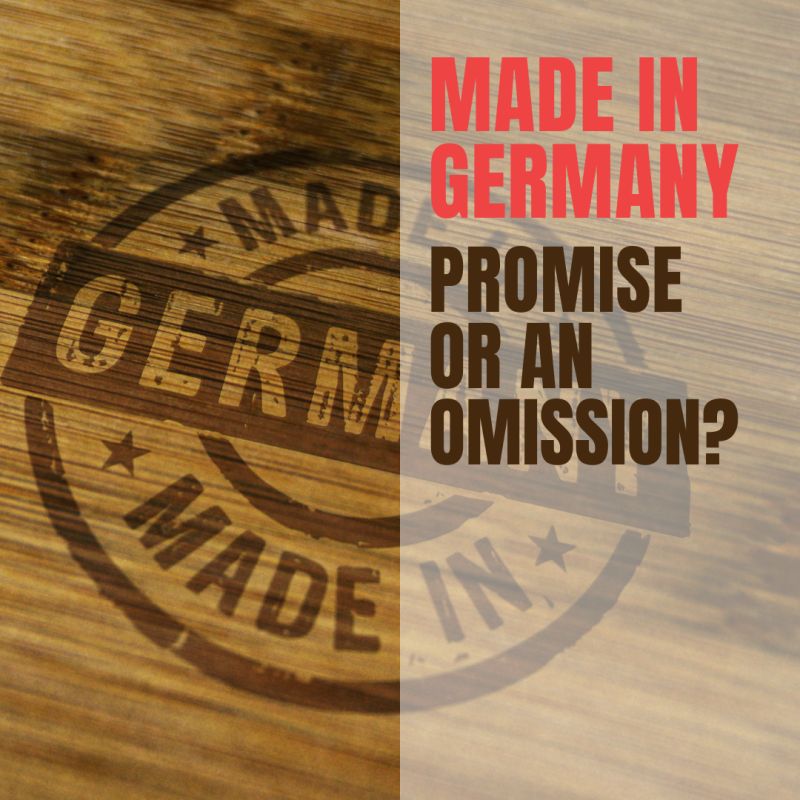In my last post I asked what to expect from me. Today I want to ask instead: what should we expect from the label “Made in Germany”? Is it a promise, or is it an omission?
This question hit me when I looked at the little “Made in Germany” sticker on my fridge. We are proud of it, but what exactly does it stand for – and what does it leave out? Germany is the world’s export champion, but who is buying all these goods? People from Brazil, China, India, the US; people with different languages, values and expectations. If “Made in Germany” is to stay meaningful around the globe, we need to listen to those voices as well.
Who will bring the expertise in technology, IT and engineering to fill the jobs we cannot fill today?
Who is already thinking in intercultural solutions that strengthen our innovation?
Who translates global experience into the tangible quality we call “Made in Germany”?
These contributions come from people with migration backgrounds. They design our products, build our factories and serve our customers – often without anyone noticing. Their achievements rarely make the news or our collective memory, and yet they are part of our economic success.
The label “Made in Germany” has long been a seal of achievement. Yet the achievement itself often remains invisible. Many migrant success stories are untold, recognition is not distributed equally and those who don’t look German still have to deliver twice the performance for half the recognition.
What if we recognised the reality of our success by adding new labels?
‘International expertise – Made in Germany.’
‘Global teamwork – Made in Germany.’
What would your sticker say?
